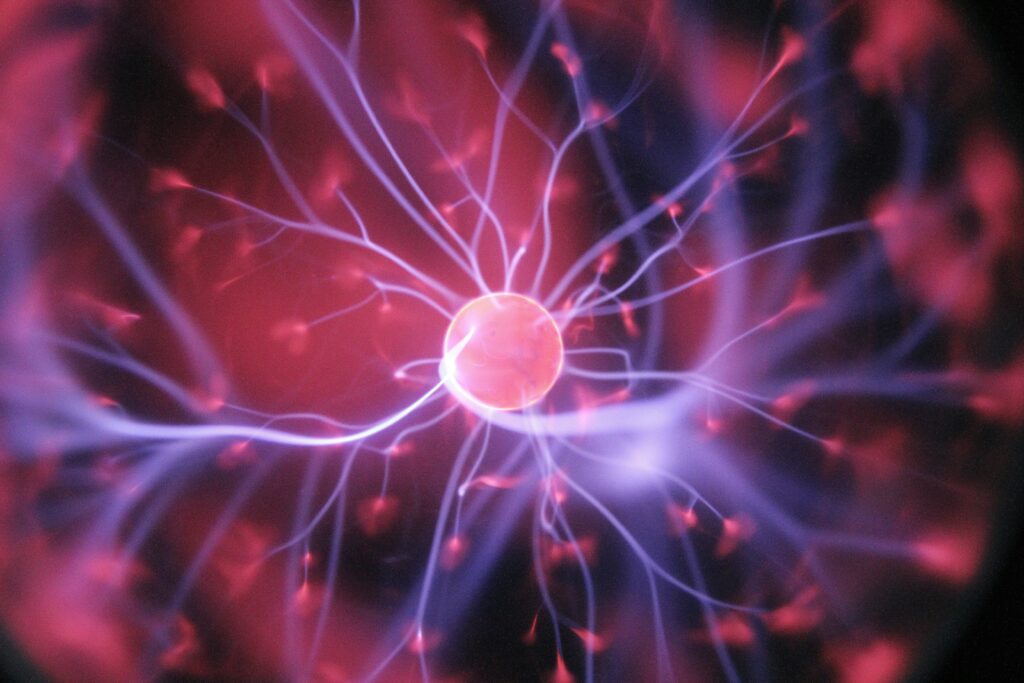
Some decisions come easily. Others leave us stuck.
Why is that?
Every day, we wake up and start making choices, most so small we hardly notice. Like, what’s for breakfast?
This pattern continues all day long. Sometimes we flip a coin or spin a wheel. But mostly, we rely on mental shortcuts, psychological strategies wired into our brains.
Here’s the good news:
Once you understand how your brain makes decisions, you can start making better ones. Faster, too.
Let’s explore the science behind smarter choices.
How To Make an Effective Decision?

Making good decisions isn’t always simple, like a piece of cake.
It often requires a number of strategies, tools, and self-awareness.
It also takes time and effort, especially when you’re weighing options and thinking through possible outcomes.
Effective decision making is not just a mixture of smart strategies, it’s also important to understand yourself.
If you are aware of your emotions and personal biases, it can help you stay clear-headed and avoid letting feelings cloud your judgment.
If you know how to manage your emotions, it will help you to stay focused and think more logically.
Smart Tools and Tips For Smart Decisions
Don’t know how to be smart about your decisions? Well, it comes from practicing and discipline. The following are some tips and methods to train your mind:
- A decision tree: A Decision tree can help you see different paths and what can happen with each path if you adopt them.
- A SWOT analysis: SWOT analysis is another great method, as it will help you look at the strengths, weaknesses, opportunities, and threats of each path.
For better decision-making, it requires a lot of strategies, like we said, it is not a piece of cake. Here are some science-backed tips for smart, clear, and confident decisions.
Science-Backed Tips To Make a Better Choice

While you want to be smart about your daily decisions, science also has some tips up its sleeves to help you. Here is what you need to know:
- Score Your Pros and Cons
We all know our pros and cons, but here is what you need to do. Give each one a score between 0 and 10 based on how much it matters to you or your decision.
Let’s say you’re thinking about getting a new PlayStation. It might be very important to you, so give it a number. If it crosses 7, then it is important for you. Do the same for the cons.
This method works for both big life choices and smaller everyday ones.
- Think Ahead, Both Good and Bad
It is one of the most effective decision-making techniques that gives the desired output by imagining the best and worst possible outcomes. Ask yourself some questions like:
- What’s the best thing that could happen if I do this?
- What’s the worst?
- What will be my reaction if things go completely wrong?
Thinking ahead can really save you from a lot of things. For example, what if imagining your best-case future does not seem like the one you want? The same goes for the worst-case scenario, as it can save you from a lot of things.
- Talk It Through with the Right People
Yes, talk to the right person, not with every person!
Talking can not actually add to your comfort; it can actually lead to better decisions. If you’re thinking of making a big move, talk to someone who’s already made a similar choice. Ask how it went and what they learned.
If you are in business, you can hire a consultant, as their real-world experience can give you insights you wouldn’t get on your own.
The more informed you are, the more confident and grounded your decisions will be.
- Take Your Time, It’s Worth It
Take your time.
Big decisions shouldn’t be rushed. Do you know the best choices come after long thinking, reflection, and slow buildup?
Taking time and pondering can give you the clarity and confidence to move forward. Even if a decision feels huge, give yourself permission to sit with it. Time surely brings insight, and with that, better choices.
What If You Have Experience?

This might come to your mind that you have expertise and experience in a certain matter, so how to make a decision?
Research by Harvard Kennedy School stated that if you make the decision based on your gut feeling, they are empathetically accurate. There is also a narrative that your gut feeling is actually built on years of practice, learning, and recognizing patterns.
It is actually your brain that uses past knowledge to quickly figure out what might work best.
Finally: “Follow Your Gut.” Can this really help me?
You might have heard, “Just trust your gut.”
It is no doubt a piece of very helpful advice, but it’s not always the best idea, but how? Making a gut decision that is something out of your interest, too, like a technical issue, is basically hitting the mark in the dark.
How can you make an effective decision, especially when you’re dealing with something you don’t really understand?
The next time you’re stuck at a crossroads, what are you going to do? Will you still flip a coin or overthink it into exhaustion?
Nope. Use will use the tips you’ve learned in this article.

